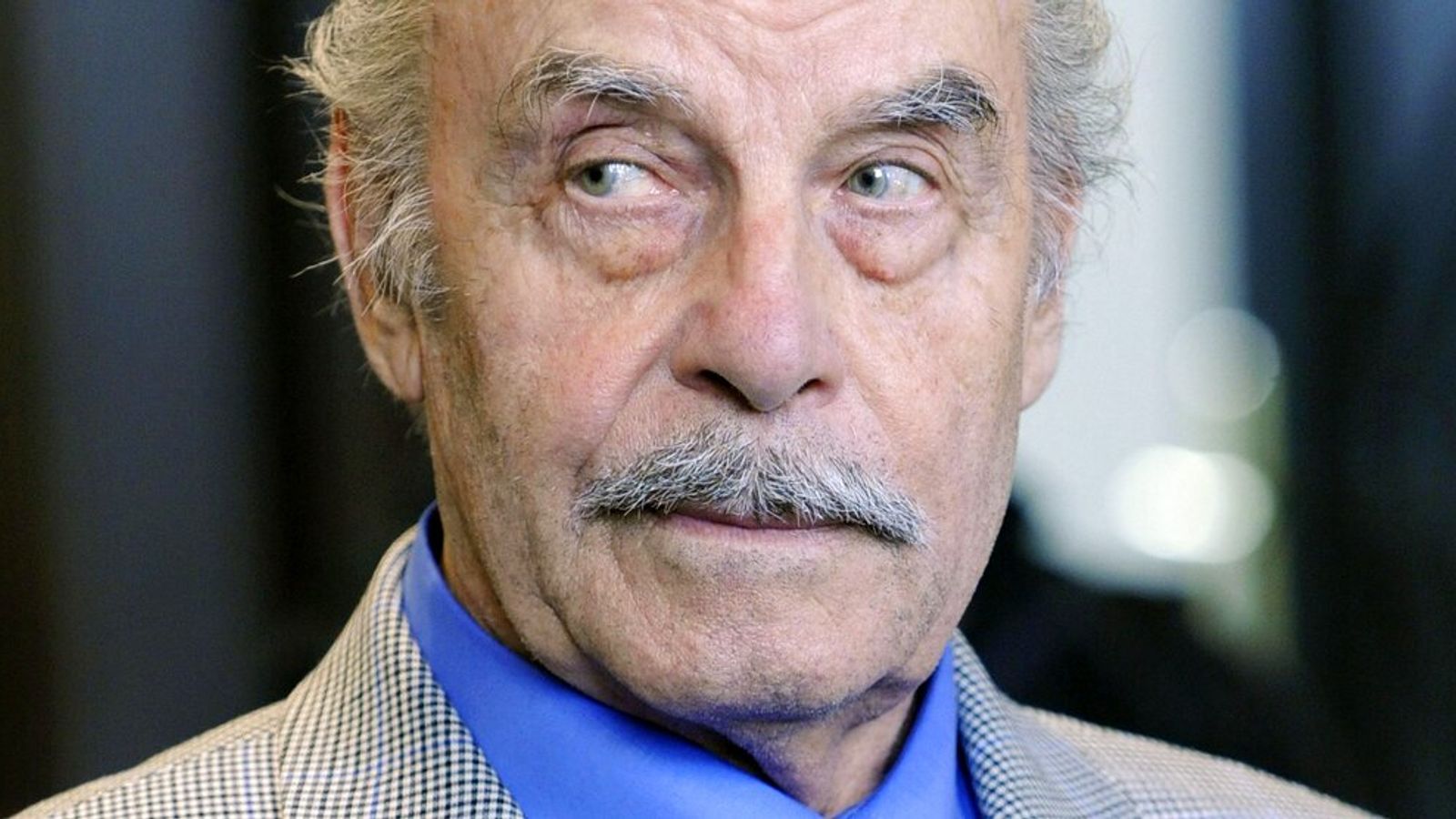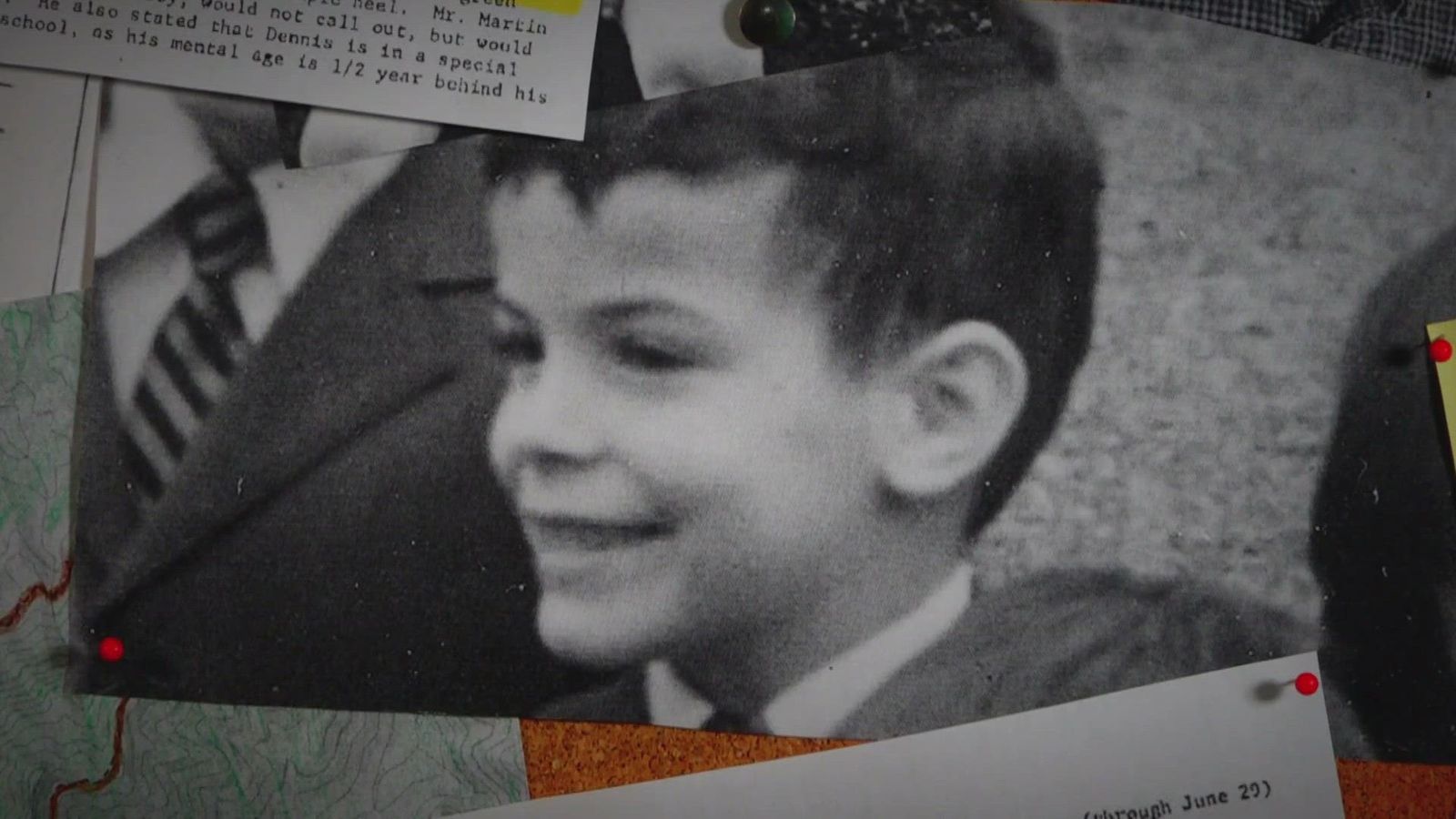
Who is Josef Fritzl? Josef Fritzl is an Austrian man infamous for imprisoning his daughter, Elisabeth, in a basement for 24 years. During this time, he fathered seven children with her. This horrifying case shocked the world when it came to light in 2008. Fritzl's actions have been widely condemned, and he is currently serving a life sentence. Understanding the details of this case is crucial to grasp the extent of his crimes and the impact on his victims. This post will delve into 35 facts about Josef Fritzl, shedding light on his life, crimes, and the aftermath.
Key Takeaways:
- Josef Fritzl's early life and upbringing played a significant role in shaping his later actions, highlighting the impact of childhood experiences on adult behavior.
- The Fritzl case sparked global outrage and led to changes in laws and societal attitudes, emphasizing the importance of vigilance, child protection, and mental health support.
Early Life and Background
Understanding Josef Fritzl's early life can provide context to his later actions. Here are some key facts about his background.
- Born on April 9, 1935, in Amstetten, Austria, Josef Fritzl grew up during a tumultuous period in European history.
- His father abandoned the family when Fritzl was just four years old, leaving his mother to raise him alone.
- Fritzl's mother was reportedly strict and abusive, which may have influenced his later behavior.
- He studied electrical engineering and later worked as an engineer, gaining respect in his community.
- Fritzl married Rosemarie in 1956, and they had seven children together.
The Horrific Crime
Fritzl's crime shocked the world due to its sheer brutality and the length of time it went undetected. Here are the chilling details.
- In 1984, Fritzl lured his 18-year-old daughter, Elisabeth, into the basement of their home and imprisoned her.
- He created a soundproof, windowless dungeon where Elisabeth would spend the next 24 years.
- Over the years, Fritzl fathered seven children with Elisabeth, three of whom remained in captivity with her.
- The other three children were raised upstairs by Fritzl and his wife, under the pretense that Elisabeth had abandoned them.
- One of the children, Michael, died shortly after birth due to lack of medical care.
Discovery and Arrest
The discovery of Fritzl's crimes was a turning point that led to his arrest and eventual trial. Here are the key moments.
- In April 2008, Elisabeth's eldest daughter, Kerstin, fell seriously ill, prompting Fritzl to seek medical help.
- Kerstin's condition led to questions from doctors, which eventually unraveled Fritzl's secret.
- Elisabeth was finally freed on April 26, 2008, after 24 years of captivity.
- Fritzl was arrested the following day, on April 27, 2008.
- He initially claimed that Elisabeth had willingly stayed in the basement but later confessed to his crimes.
The Trial and Sentencing
Fritzl's trial was highly publicized, drawing attention from around the globe. Here are the significant aspects of the trial.
- The trial began on March 16, 2009, in St. Pölten, Austria.
- Fritzl faced charges of rape, incest, murder by negligence, and enslavement.
- Elisabeth testified against her father via video, providing harrowing details of her ordeal.
- On March 19, 2009, Fritzl was found guilty on all charges.
- He was sentenced to life imprisonment without the possibility of parole for 15 years.
Psychological and Social Impact
The psychological and social ramifications of Fritzl's actions were profound, affecting not just his family but society at large.
- Elisabeth and her children underwent extensive therapy to recover from their trauma.
- The case led to increased scrutiny of child protection laws in Austria and other countries.
- Fritzl's wife, Rosemarie, claimed she was unaware of the basement dungeon, though some questioned her ignorance.
- The house where the crimes took place was eventually demolished to erase the painful memories associated with it.
- The case sparked debates about the effectiveness of social services and the importance of community vigilance.
Media and Public Reaction
The media coverage and public reaction to Fritzl's crimes were intense, reflecting the horror and disbelief felt worldwide.
- The case received widespread media attention, with journalists from around the world covering the trial.
- Several documentaries and books have been produced, exploring the details of the case and its impact.
- Public outrage was immense, with many calling for harsher penalties for such crimes.
- The case highlighted the dark side of human nature, prompting discussions about the psychological factors behind such actions.
- Fritzl's name became synonymous with evil, and he remains one of the most reviled criminals in modern history.
Legacy and Lessons Learned
The Fritzl case left a lasting legacy, prompting changes in laws and societal attitudes. Here are some of the lessons learned.
- The case underscored the importance of vigilance and reporting suspicious behavior to authorities.
- It led to reforms in Austria's child protection laws, aiming to prevent similar cases in the future.
- The psychological impact on victims of prolonged captivity became a subject of extensive study and research.
- The case served as a grim reminder of the potential for evil within seemingly ordinary individuals.
- It highlighted the need for better mental health support and intervention to prevent such atrocities.
Final Thoughts on Josef Fritzl
Josef Fritzl's story is one of the most disturbing criminal cases in recent history. His actions shocked the world and highlighted severe flaws in social systems that failed to detect his crimes for decades. Fritzl's imprisonment of his daughter Elisabeth and the abuse she endured are chilling reminders of the depths of human depravity. This case underscores the importance of vigilance and the need for robust protective measures to prevent such horrors. While Fritzl now serves a life sentence, the scars left on his victims and society remain. Understanding these facts helps us remember the importance of safeguarding vulnerable individuals and ensuring justice for those who suffer in silence. Let's hope that lessons learned from this case lead to better prevention and support systems in the future.
Frequently Asked Questions
Was this page helpful?
Our commitment to delivering trustworthy and engaging content is at the heart of what we do. Each fact on our site is contributed by real users like you, bringing a wealth of diverse insights and information. To ensure the highest standards of accuracy and reliability, our dedicated editors meticulously review each submission. This process guarantees that the facts we share are not only fascinating but also credible. Trust in our commitment to quality and authenticity as you explore and learn with us.


